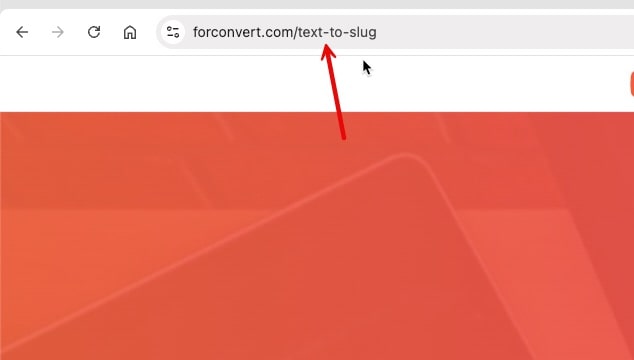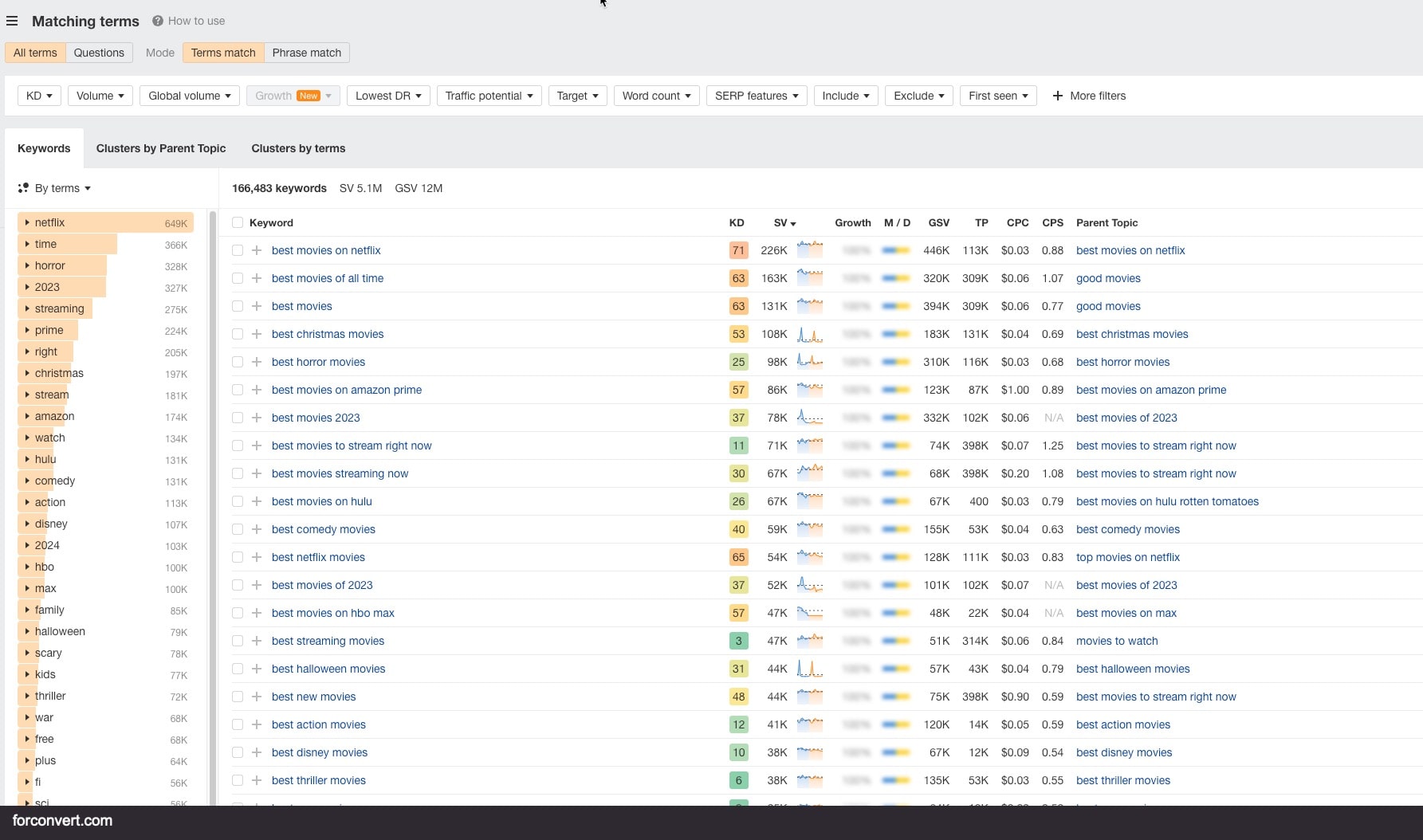
Text to Slug
Text to Slug:SEO-Friendly URL and Slug Generator Tool
URL and Slug Tools
In the world of digital marketing and web development, managing URLs and slugs is key to SEO and user experience. There are tools that can help create, encode and optimise URLs and slugs. This guide will look at the features and benefits of these tools and how they impact SEO.
URL Encoding and Decoding

URL Encoding: URL encoding is necessary to convert characters in URLs into a format that can be sent over the internet safely. This process replaces unsafe ASCII characters with a "%" followed by two hexadecimal digits. For example a space character is converted to "%20". Encoding ensures URLs are interpreted correctly by web browsers and servers.
URL Decoding: URL decoding is the reverse process, converting encoded URLs back to their original format. This is important when URLs contain special characters or non-ASCII text.
URL Slug
A URL slug is the user friendly part of a URL that identifies a page in a readable format. Slugs are important for SEO as they make URLs more readable and descriptive and improve click through rates and search engine rankings.
Features of a Good Slug:
- Readability: Slugs should be readable and descriptive of the page content.
- Keywords: Include keywords in slugs for SEO.
- Hyphens: Use hyphens to separate words in a slug not underscores.
- Lowercase: Slugs should be in lowercase to avoid confusion and errors.
URL and Slug Tools
URL Generator: This tool creates new URLs that are SEO and user friendly. It ensures URLs are structured correctly and include keywords.
Slug Generator: Slug generators convert text into SEO friendly slugs by removing special characters, converting spaces to hyphens and making all text lowercase. These tools create short and descriptive slugs that improve search engine visibility.
Permalink Generator: A permalink generator creates permanent URLs for web pages. These URLs remain the same over time so links don’t break and content remains accessible.
URL and Slug SEO
SEO Slug: An SEO slug is optimized for search engines. It includes keywords and is structured to be readable by both users and search engines. Optimised slugs can improve a page’s search engine ranking.
Slug SEO Practices:
- Include Keywords: Including primary keywords in the slug helps search engines understand the page content.
- Keep it Short: Slugs should be short and descriptive, ideally under 60 characters.
- No Special Characters: Remove special characters to make the slug clean and readable.
Website Slug: The website slug is the part of the URL after the domain name. It should give users and search engines a clear idea of the page content. A well crafted slug can improve user experience and SEO.
Tips for SEO Slugs

Creating an SEO slug is more than just converting text to URL format. Here are some tips to make your slugs SEO friendly:
- Include Primary Keywords: Integrate your main keywords naturally in the slug. This helps search engines understand the relevance of your content to the search query.
- Keep it Short and Simple: Slugs should be short, ideally under 60 characters. This improves readability and ensures the entire slug is visible in search results.
- Use Hyphens to Separate Words: Hyphens improve readability and are preferred by search engines over underscores or other characters.
- No Stop Words: Words like "and," "or," "but," etc., can be removed to make the slug concise and focused.
- Be Consistent: Be consistent across all slugs on your website. This includes using lowercase letters and hyphens.
- Make it Descriptive: Ensure the slug is descriptive of the page content. A descriptive slug can improve click through rates and user experience.
- No Special Characters: Special characters can cause URL issues. Stick to alphanumeric characters and hyphens.
- Review and Update: Review your slugs regularly to ensure they are still relevant and SEO friendly. Update if necessary to follow current SEO best practices.
Follow these tips and you can create and manage SEO friendly URLs and slugs that will improve your website visibility and user experience. These will make your URLs functional and secure and add to your overall SEO.







